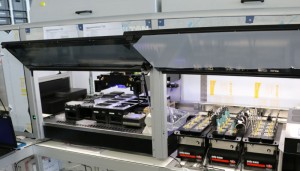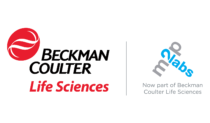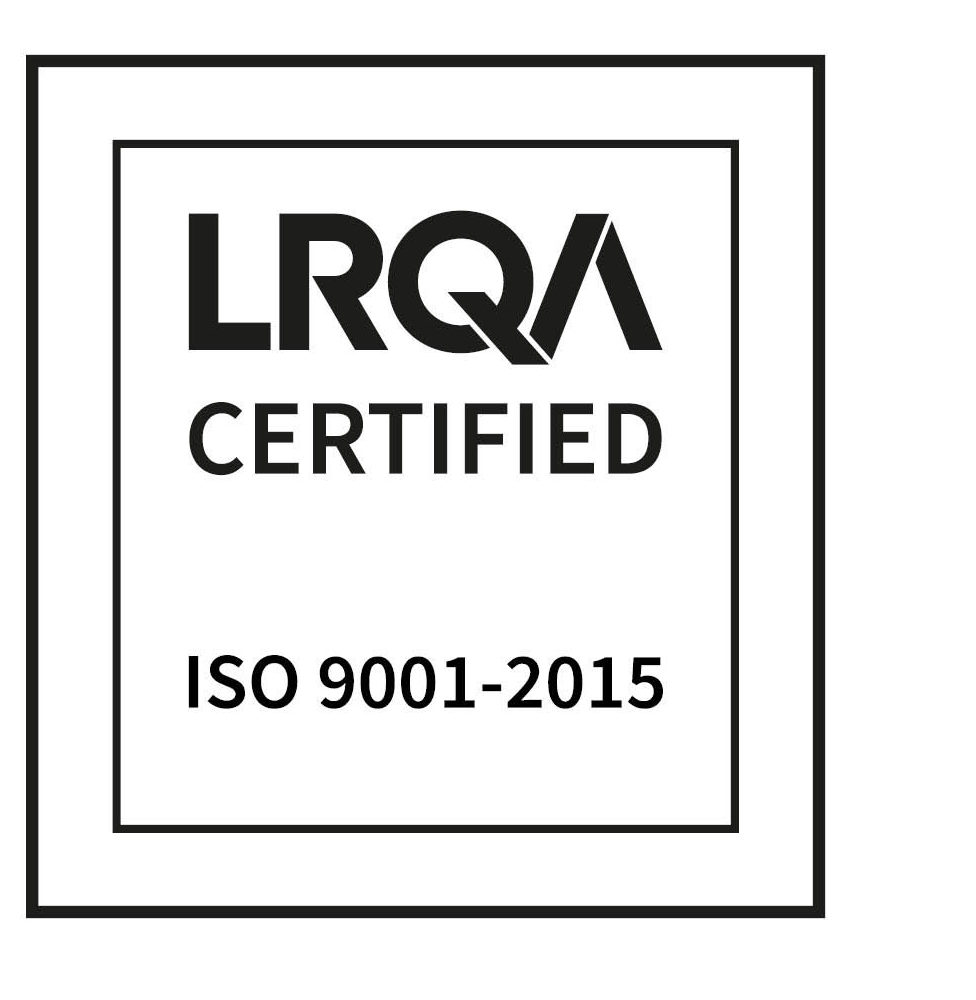TWB and Hamilton develop a unique microbial culture robot
TWB and Hamilton have collaborated for 18 months to develop an innovative bioprocessing platform for the in-depth characterization and culture optimization of microorganisms. This platform, with 24 integrated mini-bioreactors (50 mL), will significantly speed up the process to develop industrial bioprocess solutions for a wide range of applications in green chemistry (e.g. chemicals, enzymes, biopolymers, biofuels …). With this new acquisition, TWB widens its technical service offerings to researchers and industries for their R&D projects.
The robotic platform has recently been acquired by TWB to complete the service offer of the Biotransformation & Culture facility. This platform is well suited for microbial culture and enzyme catalysis.
 The culture robot is a unique platform integrating a set of 24 instrumented minireactors (PolyBlock, HEL) and various items of equipment necessary for the automation of the different stages of the study of bioprocesses. It enables one to achieve, among other things, optimal culture conditions or to obtain the most successful strain in a time up to 5 times shorter than with conventional tools. Automation also reduces uncertainties related to the different operators.
The culture robot is a unique platform integrating a set of 24 instrumented minireactors (PolyBlock, HEL) and various items of equipment necessary for the automation of the different stages of the study of bioprocesses. It enables one to achieve, among other things, optimal culture conditions or to obtain the most successful strain in a time up to 5 times shorter than with conventional tools. Automation also reduces uncertainties related to the different operators.
The configuration set up provides for precultures in a microplate reader (Xenus, Safas). The minireactors consist in a miniaturization of a 2 L reactor with measurement and control by mini-probes of the temperature, pH, agitation speed, air flow, and oxygen concentration. Growth in the reactors is monitored by « in-line » turbidity probes. The platform is designed to perform automated sampling (up to one sampling every 20 min on the 24 reactors). The pipetting robot collects a sample in a reactor and immediately places it in a microplate maintained at -20°C. At the system output, the experimenter disposes of a set of 24 kinetics with all the fermentation parameters (T°, pH, pO2, RPM, Qair, turbidity) potentially combined with kinetics of substrate consumption or of production of molecules of interest or with transcriptomic kinetics.
The platform was designed to implement experimental designs (Design of Experiments). In a single experimentation, the optimal pH/T° combination of a bioprocess can for example be obtained. The architecture of reactors makes their scaling up realistic.
The power of the software which controls the robot and the automatic fermenters allows a high level of programming flexibility of the tool.
Examples of typical applications:
- Screen and characterization of dozens of strains
- Optimization of environmental conditions by experimental designs
- Process robustness test
- Strain evolutions in parallel.
Read more: Press release





